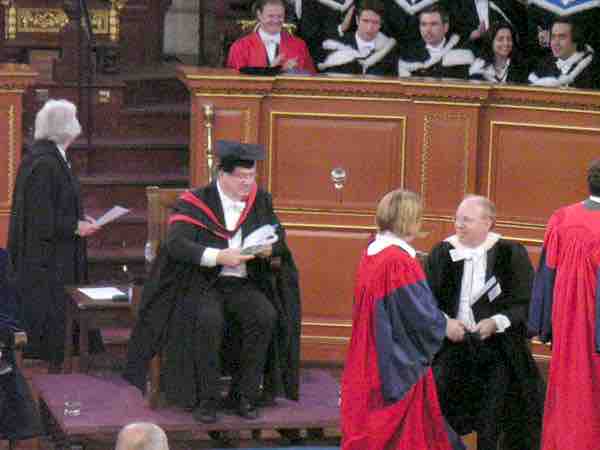Prestige refers to the reputation or esteem associated with one's position in society. A person can earn prestige by his or her own achievements, which is known as achieved status, or they can be placed in the stratification system by their inherited position, which is called ascribed status. For example, prestige used to be associated with one's family name (ascribed status), but for most people in developed countries, prestige is now generally tied to one's occupation (achieved status). Occupations like physicians or lawyers tend to have more prestige associated with them than occupations like bartender or janitor. An individual's prestige is closely tied to their social class – the higher the prestige of an individual (through their occupation or, sometimes, their family name), the higher their social class.
Prestige is often related to the other two indicators of social class - property and power. A Supreme Court justice, for example, is usually wealthy, enjoys a great deal of prestige, and exercises significant power. In some cases, however, a person ranks differently on these indicators, such as funeral directors. Their prestige is fairly low, but most have higher incomes than college professors, who are among the most educated people in America and have high prestige.
Prestige is a strong element in social mobility. On the one hand, choosing certain occupations or attending certain schools can influence a person's level of prestige. While these opportunities are not equally available to everyone, one's choices can, at least to a limited extent, increase or decrease one's prestige, and lead to social mobility. On the other hand, certain elements of prestige are fixed; family name, place of birth, parents' occupations, etc., are unchangeable parts of prestige that cause social stratification.

Oxford University Ceremony
The job of professor is an example of an occupation that has high prestige even though many professors do not earn incomes in the top economic bracket.